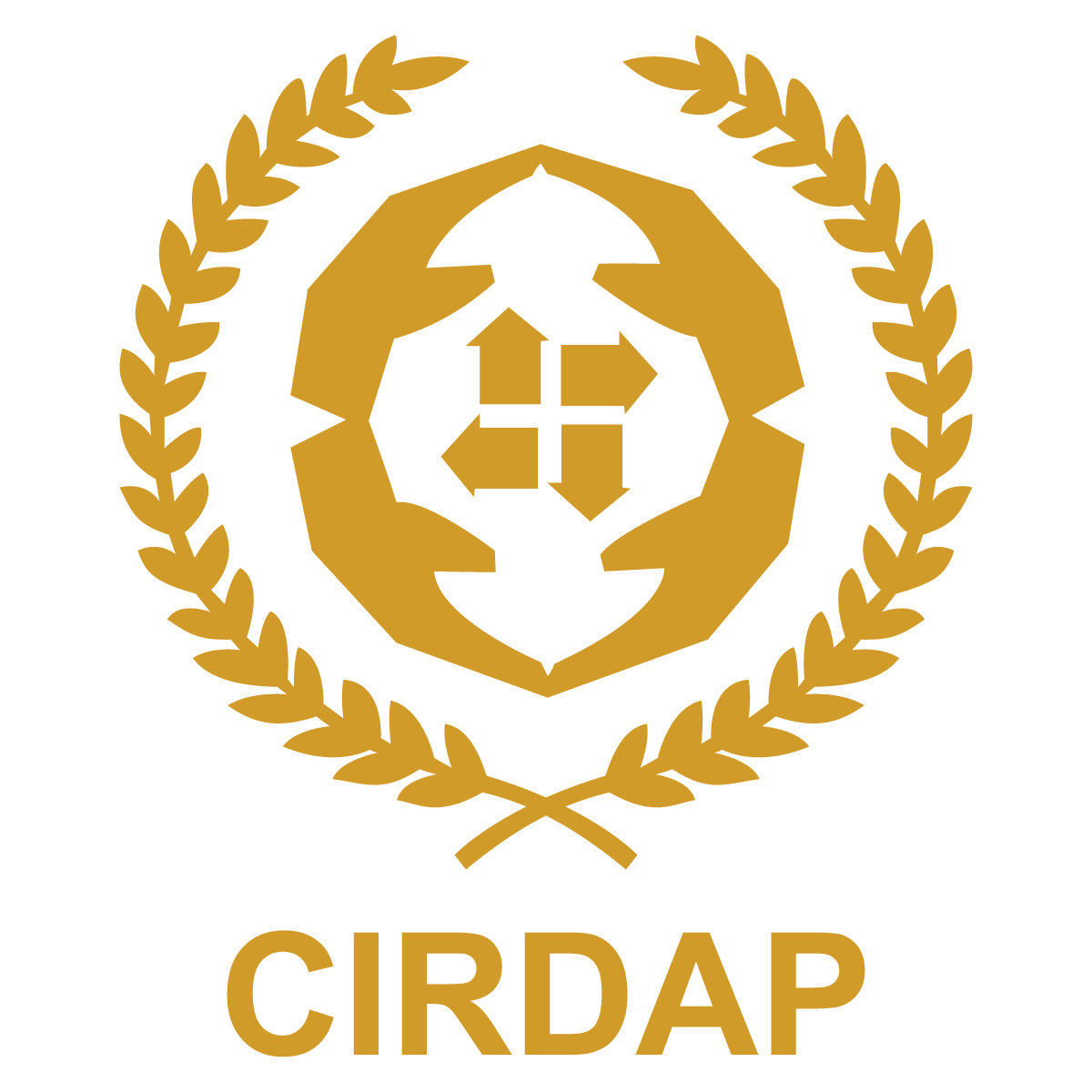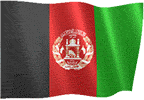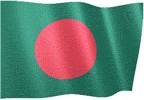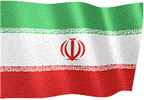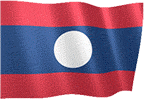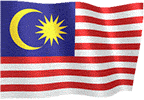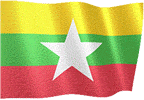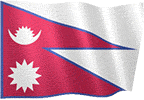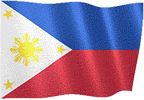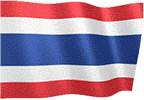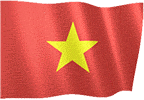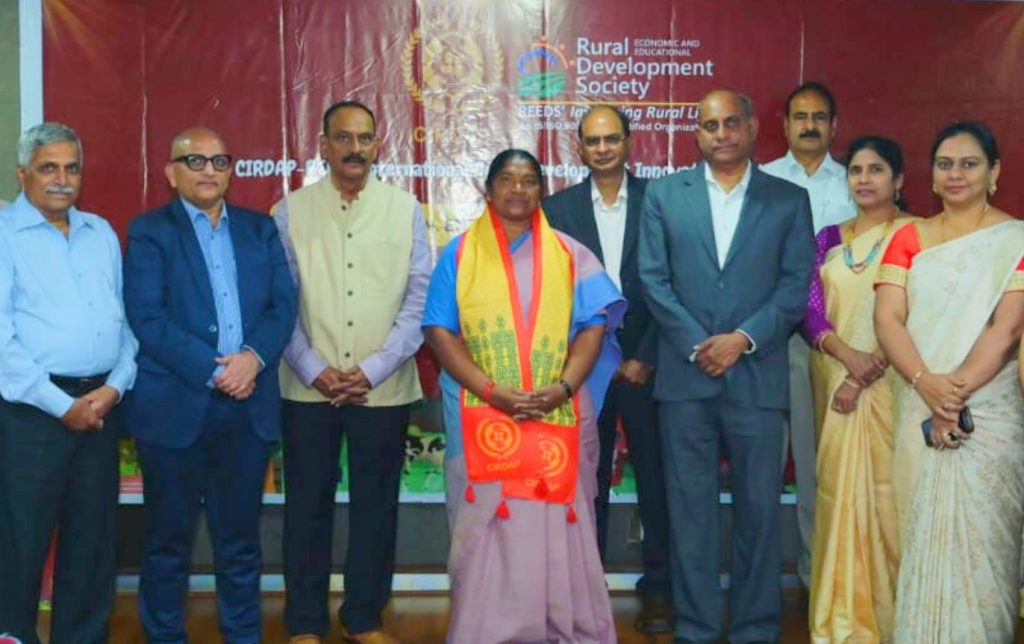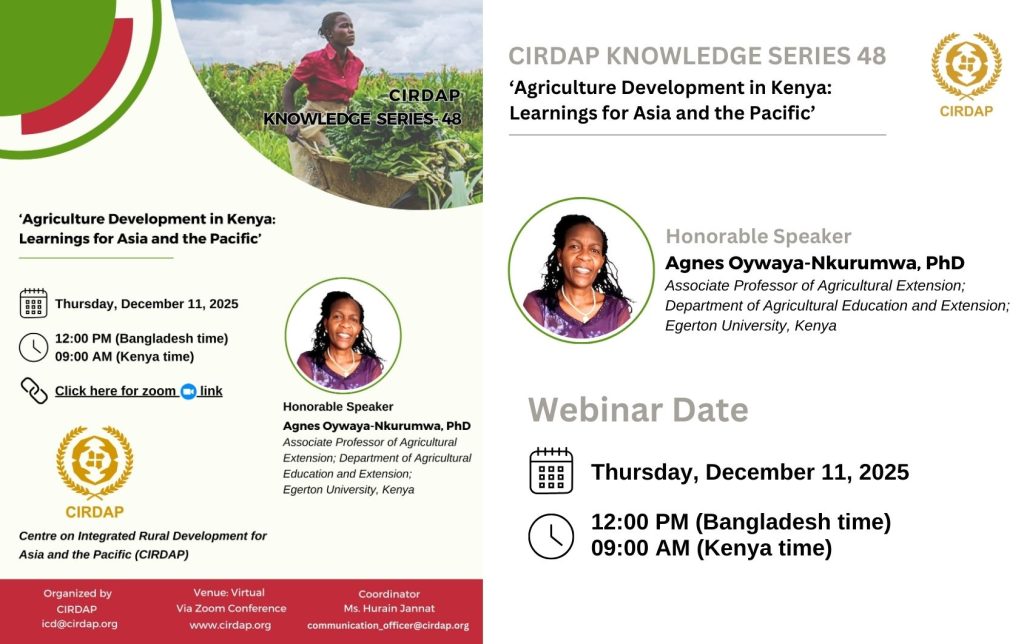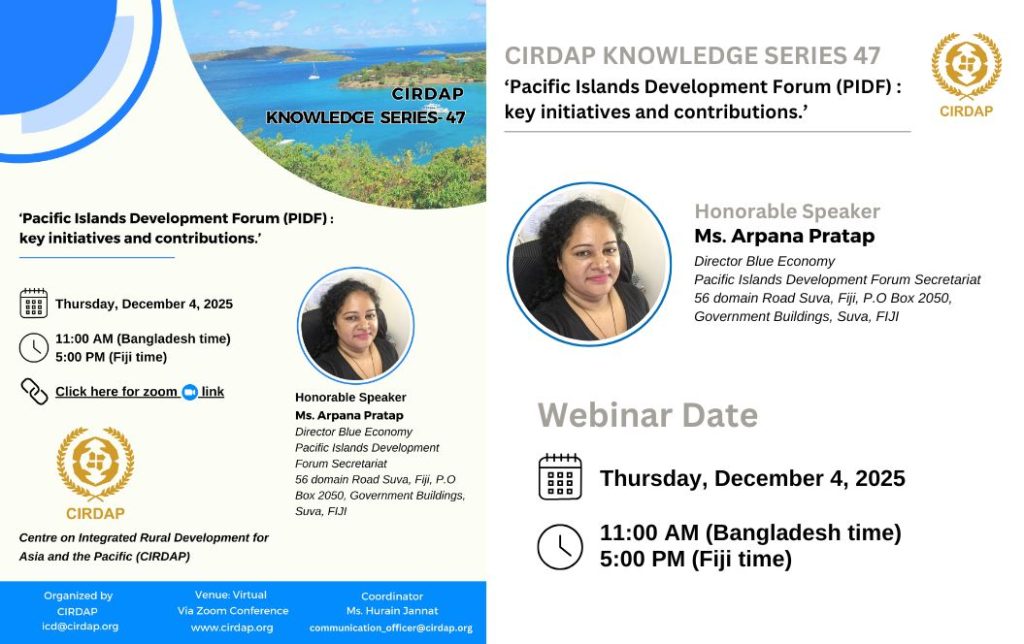
Dr Cherdsak Virapat, Director-General of CIRDAP,
Mr Krit Hansaward, Chairperson, Ministry of Agriculture and Cooperatives, Thailand,
Excellencies, distinguished guests, ladies and gentlemen,
Thank you for the invitation to FAO to this Technical Committee Meeting 37, and
thank you in particular to the DG of CIRDAP, Dr Cherdsak Virapat, and his team for
the excellent collaboration and commitment in preparation for this TC meeting,
despite the many challenges, and to our host, the Ministry of Agriculture and
Cooperatives of the Kingdom of Thailand, for all the excellent preparations for this
meeting. FAO is greatly honored to receive the Aziz-Ul Haq Rural Development Medal.
Over the past two years, the world has been learning to cope with the difficult
circumstances brought about by the pandemic. Many sectors, including the agrifood
sectors, have been struggling to recover from overlapping shocks. The pandemic has
forced us to reconsider our priorities and approaches, and has highlighted the
importance of more sustainable and resilient societies, as well as of the urgency to
achieve the Sustainable Development Goals. It has also made us realize the need to
transform our agrifood systems to be more efficient, more inclusive, more resilient
and more sustainable. The pandemic, the impacts of the climate crisis, conflict and
other humanitarian emergencies continue to pose daunting challenges to food security
and nutrition, especially for rural and vulnerable communities.
Ladies and Gentlemen,
Since the arrival of the FAO DG Dr Qu Dongyu, FAO has been engaged in a series of
actions to make FAO more effective, more efficient and fitter for purpose. The FAO
Strategic Framework 2022-31 is aligned with the SDGs and the 2030 Agenda, and it is
focused on achieving the Four Betters: Better Production, Better Nutrition, a Better
Environment and a Better Life for all, leaving no one behind. The Strategic
Framework has 20 Programme Priority Areas that will shape FAO’s actions in
supporting countries, and act as pathways towards achieving the SDGs in line with
national priorities. Action at country level is at the core of the 2030 Agenda.
In the Asia and Pacific region, the pre-pandemic food security situation was already
deteriorating in some parts of this vast region. After many years of progress, hunger is
on the rise again. Inequalities are increasing, particularly between rural and urban
populations, and women and youth are being left behind. In 2019 about 350 million
people in the Asia and Pacific region were undernourished – which is approximately
51% of the global total. With 1.9 billion people, almost 40% of the region, unable to
afford a healthy diet due to high food prices.
Now, the pandemic has further increased the number of undernourished people in the
region by 4.3 million, compared with 2019. Global estimates predict that an
additional 140 million people were living in extreme poverty in 2020, and the Global
Report on Food Crises warns that the number of people facing acute food insecurity
nearly doubled between 2016 and 2021 and with 193 million hits new highs.
For a region which has consistently led economic growth rates for most of the last 3
decades, these numbers are deeply worrying. These trends in hunger and food
insecurity also suggest that it will be very difficult for the region to achieve the SDG 2
target of Zero Hunger by 2030 without extraordinary efforts. Four priorities,
identified through an extensive and inclusive consultation process, are driving FAO’s
programme of work in the region and are aimed at achieving extraordinary results:
One: Transforming agri-food systems for sustainable production and healthy
diets;
Two: Accelerating sustainable natural resources management for biodiversity
conservation and climate action
Three: Supporting inclusive rural transformation for sustainable agrifood
systems and equitable rural societies; and
Four: Building sustainable and resilient agri-food systems in the Pacific SIDS.
FAO’s flagship initiatives support implementation of the Strategic Framework across
all regions. The Hand-in-Hand Initiative facilitates agrifood systems transformation
and sustainable rural development, FAO’s Global Action on One Country One Priority
Product, aims to develop green and sustainable production and value chains for
special agricultural products. And the 1000 Digital Villages Initiative aims to convert
villages across the world into digital hubs to support the acceleration of rural
transformation.
A regional strategy on digital innovation will further accelerate the trend towards
strengthening the use of digital tools in agriculture, and will leverage the
entrepreneurial spirit of the youth and women in the region.
We have also invested in the development of Regional Technical Platforms that bring
together the best knowledge, taking advantage of regional expertise. The FAO
Regional Office for Asia and the Pacific is currently developing a Regional Technical
Platform on aquaculture, which will become a knowledge hub for this sector. Whilst
this will cover various forms of aquaculture, it is important to note in this
International Year of Artisanal Fisheries and Aquaculture that the integration of
aquaculture into small-scale farming systems can be a catalyst for poor communities
to address the wider challenges of improving food security and nutrition, increasing
farm biodiversity and building resilience. The currently ongoing 35 th session of the FAO
Committee on Fisheries emphasizes the importance of an ecosystem approach and
encourages FAO to work in partnership with new initiatives to promote sustainable
aquaculture.
Following the successful SIDS Solution Forum last year, we launched a platform to
share innovative solutions developed by Pacific island states to overcome challenging
circumstances in unique and fragile environments.
Finally, two key thematic strategies are being developed to support the
implementation of the Strategic Framework: The FAO Strategy on Science and
Innovation and the updated Strategy on Climate Change. Regional consultations with a
wide range of stakeholders will ensure that regional perspectives are included in the
preparation of both thematic strategies.
Ladies and Gentlemen,
FAO is committed to working together with you and with all countries and partners in
the region in an efficient, effective and coherent manner to reach our collective,
regional and global objectives.
Thank you once again for the kind recognition of FAO’s efforts towards global rural
development and poverty alleviation.
We wish a successful TC meeting.
Dr. Matthias Halwart
Senior Aquaculture Officer,
Global and regional processes team (NFIAP)
FAO Fisheries and Aquaculture division,
FAO Headquarters, Rome, Italy
